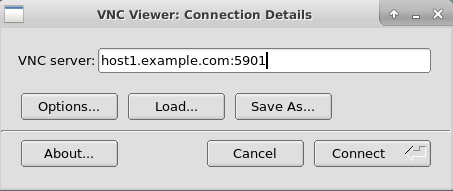How to build Ansible provision server for VMware ?
Ansible is a great automation tool for infrastructure as a code and using ansible modules to automate VMware platform is really easy. In order to start the automation, need to configure a provision server where ansible and some of its dependencies need to be installed. A provision server can be on any operating system. But in this document we have focused on the following two opensource operating systems: Ubuntu 20.04 LTS CentOS 8.x Following steps need to be performed to configure Ubuntu 20.04 LTS as a provision server: a. Install python3-pip: # apt-get install python3-pip -y Upgrade pip3 to the latest version: # pip3 install --upgrade pip b. Install & check latest ansible version: # pip3 install ansible # pip3 show ansible c. Install & check pyVmomi : # pip3 install pyvmomi ...

